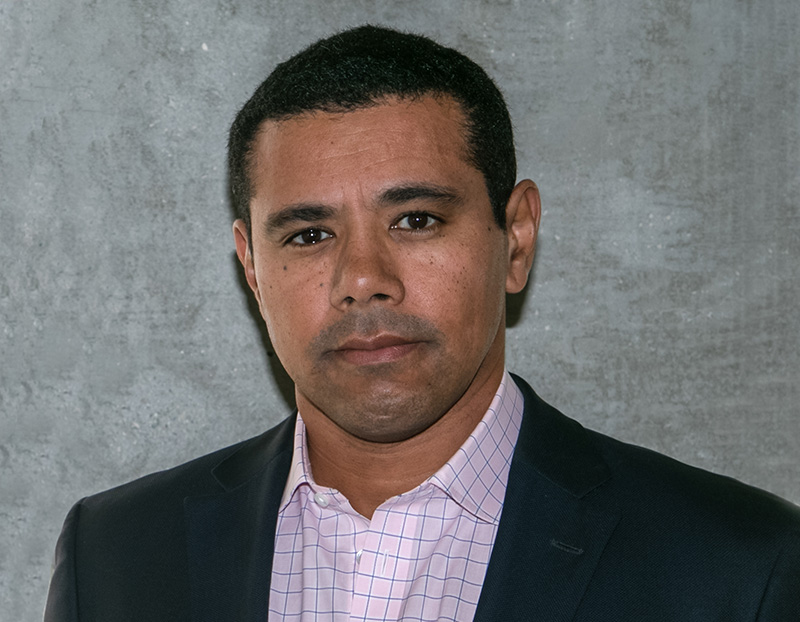Family Offices Grow Their CRE Holdings
Current conditions in the capital markets are prompting high-net-worth individuals to fill in gaps left by other funding sources, according to Lonnie Vidaurri of Starpoint Properties.

Lonnie Viduarri Image courtesy of Starpoint Properties
Family offices are a somewhat overlooked investment vehicle that have the ability to act as a connecting entity for lenders and commercial real estate developers. Typically, a family office will allocate 20-25 percent of their wealth to direct real estate investments, but actual figures vary as each business is run according to the unique needs of the presiding family.
In the last few years, we have seen an uptick of direct investment activity by family offices in the real estate sector. Most likely, this can be attributed to an increasingly regulated banking industry, our current long-term low interest rate environment, and the high fees for institutional funds. While traditional lenders have tightened their purse strings to comply with tighter financial regulations, family offices have seen increased returns by recognizing the unfulfilled demand of investment capital from traditional capital sources. As these sources have become less inclined to supply funding, family offices are able to reap these benefits due to their streamlined approval process and ability to work with real estate operators and developers to make highly sophisticated transaction decisions.
Ultra-high net worth individuals might be less regulated where investment capital is concerned; however, that is not to say they don’t have their own decision-making criteria. Working with this exclusive investor group takes expert knowledge and finesse. Here are some of the most important factors considered by Starpoint Properties LLC when collaborating with UHNWIs on real estate investments.
Foreign investments
It’s a big world out there. While industrialized nations like the United States and those found across Western Europe offer a general sense of security, they can sometimes be lacking in the value-add department. UHNWIs need to be offered choices in emerging markets and need a sophisticated operating partner who is able to navigate the financial intricacies of foreign investments.
Investing in “real” assets
Many UHNWIs will already come to the table with an understanding of allocating investment capital into tangible assets. Stocks and bonds are popular investment strategies, but this investor class will expect more. This is a great example of where a well-versed operating partner can bring the most value to a family office portfolio by recommending private or commercial real estate holdings. Again, value-add opportunities tend to be the most in demand, especially when considering the volatility of any preexisting stocks in the portfolio.
An understanding of private markets
UHNWIs will expect an operating partner to know the ins-and-outs of private markets. Many of the ultra-wealthy have gained a significant share of their wealth from private businesses. Additional returns from private equity via real estate are another way to generate high returns while adding to the overall portfolio’s diversification. It also provides a hedge against continuing low interest rates.
Saying no to REITs
Family offices tend to stay away from REITs since they don’t share the returns with the REIT manager but offer a substantial amount of the capital. REITs have a function for other investor types, but for family offices, the high fees diminish both the profits and the overall value of the underlying asset. Direct real estate investments also offer a more streamlined and direct relationship.
Since a family office is the product of an UHNWI or family, and they manage a single portfolio, these offices generally have greater resources than banking institutions who are responsible for a slew of customers. What this means for real estate investments is that these entities, often managed like corporations or limited liability companies, have the financial means to employ multiple finance experts, often assigning one or more persons to manage each aspect of the portfolio. One employee might be laser-focused on the tax burden while another can give their full attention to real estate holdings. Clearly this indefinite allocation to one domain of the portfolio produces exceptional results. This is especially true where real estate is concerned, since the family office employee can work in tandem with developers and other operating partners to find the most lucrative real estate solution for all parties involved.
Lonnie Vidaurri is director of Investments and Capital Markets for Starpoint Properties LLC, a real estate investment and operating company.







You must be logged in to post a comment.